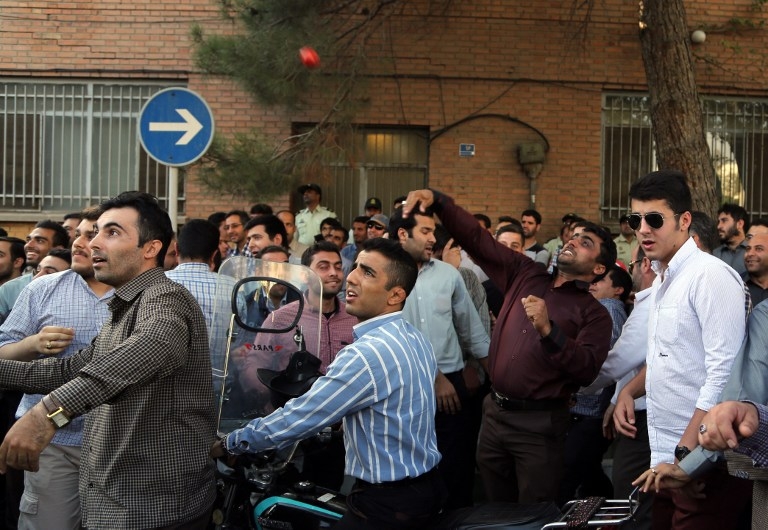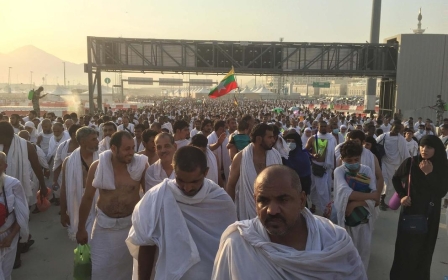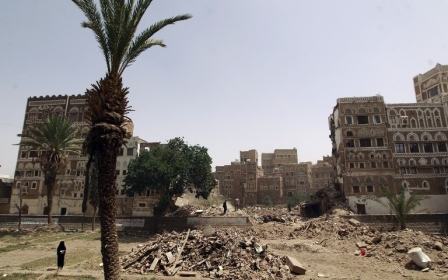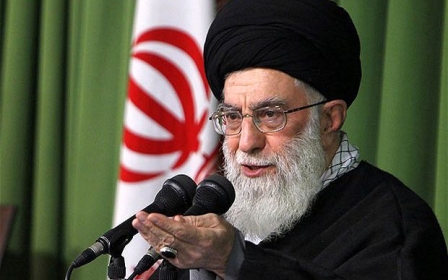Iran says Saudi, not Tehran, destabilising Middle East

Saudi Arabia, not Iran, is destabilising the Middle East, an official in Tehran said Tuesday, rejecting claims from Riyadh that Iran is acting like a "colonising state".
The comments from foreign ministry spokeswoman Marzieh Afkham come after Saudi Foreign Minister Adel al-Jubeir on Monday accused Iran of "meddling in the affairs" of Syria, Iraq, Lebanon and Yemen.
Relations between Iran, the region's dominant Shia Muslim power, and Saudi Arabia, its Sunni rival, have been fraught since an uprising against Syrian President Bashar al-Assad broke out in 2011.
Iran openly backs Assad and is also accused of supporting the Houthis who overran large parts of Yemen last year and early this year.
Relations soured further after Saudi Arabia's decision to launch a bombing campaign in Yemen in March.
The deaths of at least 464 Iranian pilgrims in the recent Hajj stampede in Mina and further Iranian military activity in Syria saw ties plunge again, with increasingly abrasive statements from both sides.
Afkham described Jubeir's remarks - he had said the kingdom would use all its "political, economic and military powers" to defend itself - as "despicable, arrogant and non-diplomatic".
"This destructive and non-constructive approach leads nowhere," Afkham said of Jubeir, who had demanded that Iran pull fighters out of Syria, stop supplying arms to Assad and cease to act like a "colonising state" there.
Afkham responded: "The Saudi foreign minister, whose country has a military and extremist approach to crises... and bombed continuously for seven months in Yemen, is not qualified to talk about the role of Iran in the region."
In recent months, as tensions appear to have deepened between the two countries, observers have cautioned that the future of the region is at stake if the two countries continue down a path of confrontation.
"Ever-growing tension between Saudi Arabia and Iran is sending the rest of the Middle East into a cycle of endless conflict," wrote Jamila Ali-Rajaa, a Yemeni diplomat and member of Yemen's National Dialogue in June. "Their proxy wars are causing continued damage and instability."
"In Iraq, Syria and now Yemen, negotiation is made impossible by the fact that the parties fighting on the ground are not the only interested players," wrote Ali-Rajaa. "So conflicts spiral and become increasingly intractable."
New MEE newsletter: Jerusalem Dispatch
Sign up to get the latest insights and analysis on Israel-Palestine, alongside Turkey Unpacked and other MEE newsletters
Middle East Eye delivers independent and unrivalled coverage and analysis of the Middle East, North Africa and beyond. To learn more about republishing this content and the associated fees, please fill out this form. More about MEE can be found here.




